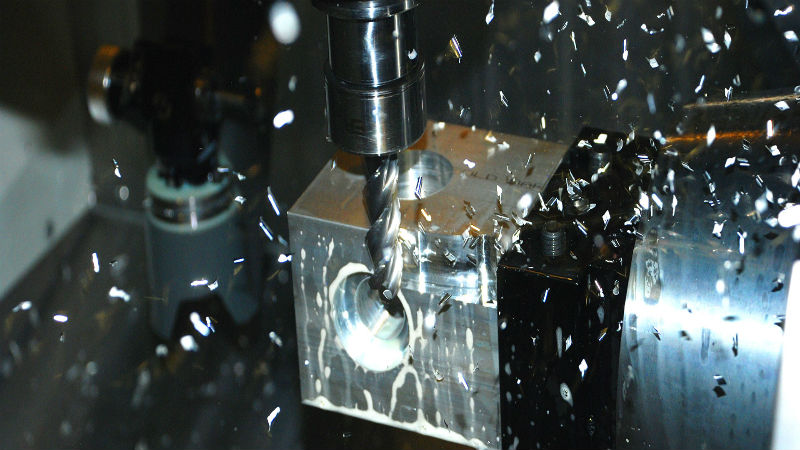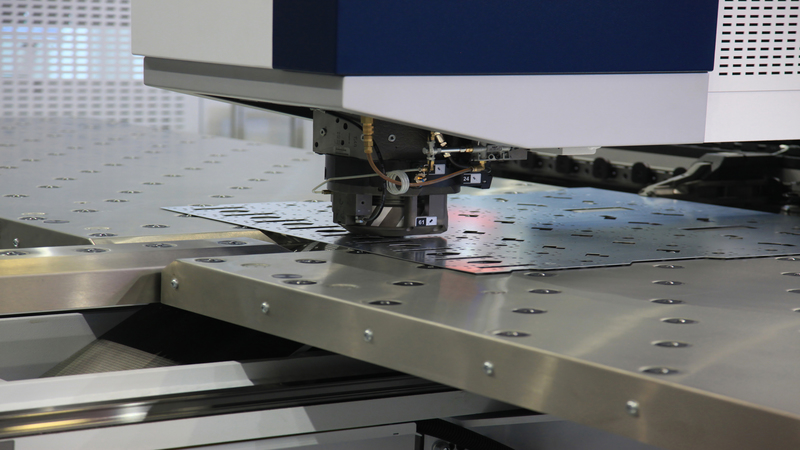The pressure measurement device is critical in industries that need high levels of cleanliness and precision. Its principal role is to monitor the pressure of liquids and gases in sanitary applications, assuring compliance with the demanding cleanliness and safety standards required by diverse industries such as food and beverage, pharmaceuticals, and biotechnology.
What is a Sanitary Pressure Gauge
A sanitary pressure measurement instrument is made of materials and designs that are appropriate for use in hygienic settings. These gauges often have a smooth, non-porous surface that avoids contamination development, making them simple to clean and maintain. The materials utilized in their production, such as stainless steel, are corrosion resistant and can survive the cleaning solutions often used in sanitary practices. A sanitary pressure gauge is designed with a diaphragm that isolates the measurement element from the process fluid, allowing for precise readings while preserving a healthy environment. The capacity to give precise pressure measurements is critical for maintaining ideal conditions in many processes, including pasteurization, sterilization, and fermentation.
Applications of Sanitary Pressure Gauges
Pressure gauges are critical instruments in a wide range of sectors, each with its own set of cleanliness and accuracy requirements. Maintaining the proper pressure is crucial in the food and beverage industry during processes like brewing and fermentation. Fluctuations in pressure can cause irregularities in the end product, impacting quality and taste. Breweries and wineries frequently use these equipment to monitor pressure levels throughout their operations closely. In pharmaceutical manufacturing, pressure measurement instruments are critical in ensuring that products are generated in a sterile environment to avoid contamination. The pharmaceutical sector follows tight cleanliness rules, and employing appropriate measurement equipment is critical for compliance. Pressure gauges are used in biotechnology to monitor processes such as cell culture and fermentation, where even tiny pressure changes can have a substantial impact on the results. By delivering accurate pressure readings, these instruments allow researchers and manufacturers to keep control over their activities, resulting in better results and more reliable products.
Selecting the Right Sanitary Pressure Gauge
First, the gauge must be compatible with the fluids it will measure. This compatibility comprises determining the chemical parameters of the fluid and ensuring that the gauge’s components can survive any corrosive impacts. The operating pressure range is an important issue. Different applications will have different pressure needs; therefore, choosing a gauge that can reliably measure within the necessary range is critical for consistent readings. It is also crucial to evaluate the types of installations and connections. Many gauges have multiple connection choices, such as tri-clamp or threaded connectors, which makes them easier to integrate into existing systems. Selecting the appropriate gauge necessitates a thorough understanding of your application’s specific requirements, as well as assuring compatibility with the processes involved. With the correct pressure measurement tool, firms can improve operational efficiency, comply with regulations, and ultimately provide safer products to customers.


